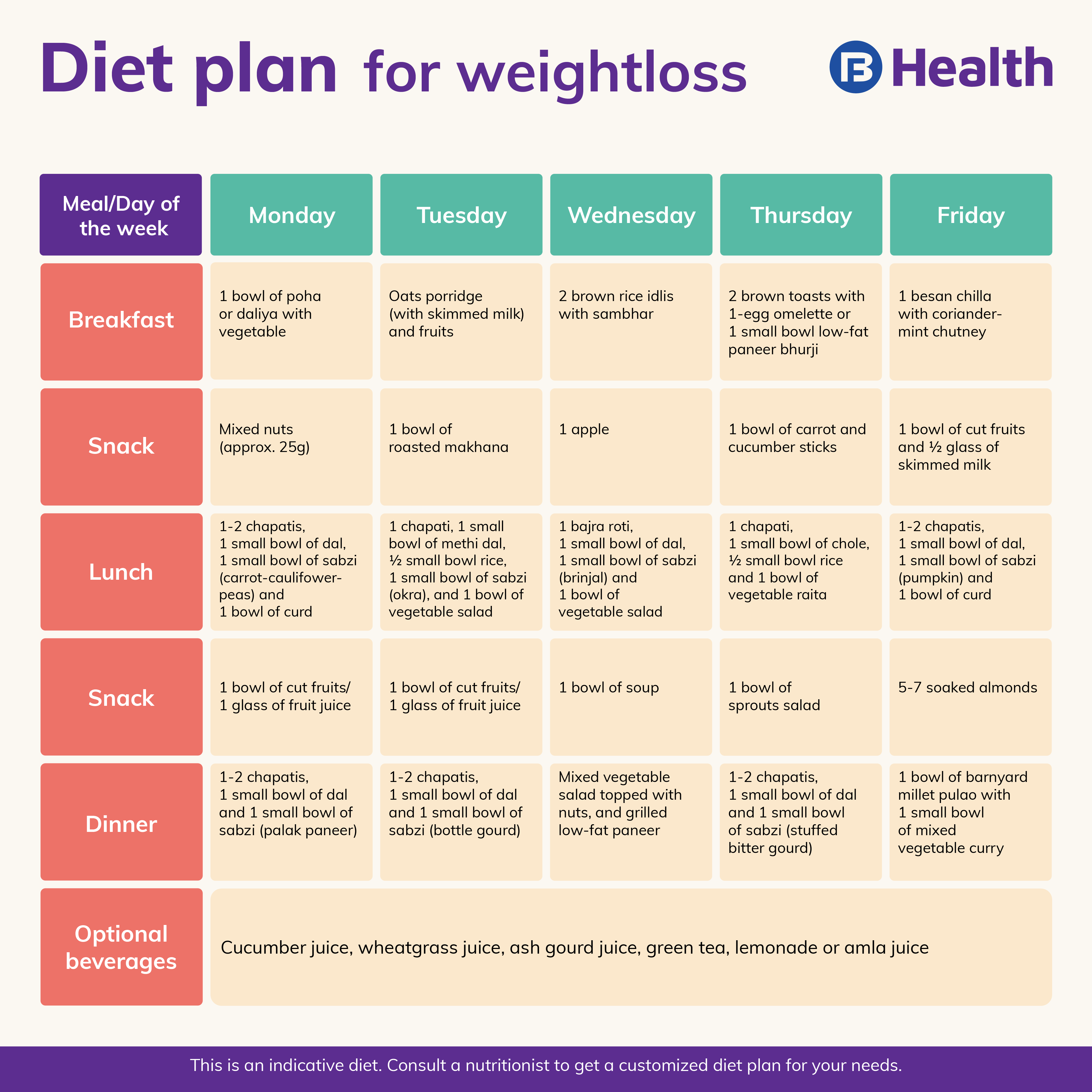Navigating the world of dieting can frequently seem overwhelming, particularly with the myriad of choices present in the modern era. Ranging from restricted carbohydrate strategies such as Keto to the plant-based choices of vegans, understanding the various diet types is important for making informed decisions about our dietary habits. Each diet comes with its unique set of rules and intended advantages, whether it’s shedding pounds, gaining muscle, or improving general health. With so much data out there, how do you determine which diet plan aligns with your lifestyle and goals?

In this article, we will clarify the theory behind the top diet types. We will explore fifteen different diets, highlighting their distinct characteristics, gains, and possible downsides. If you are looking to lose some pounds, improve your exercise regimen, or merely adopt healthier eating habits, our guide aims to provide clarity. Ultimately, you will have a better understanding of which diet might be the right fit for you, enabling you to choose a path that not only fulfills your dietary needs but also integrates smoothly into your everyday life.
Understanding Different Diet Types
The landscape of dietary plans is extensive and varied, catering to a variety of wellness objectives and way of life preferences. From losing weight to gaining muscle, people select dietary strategies that fit their individual requirements. Some well-known diet styles include ketogenic, Paleolithic, and Mediterranean-style, each with unique principles and nutritional focuses. While some strive to promote losing weight through reduced carbohydrate intake, others focus on whole foods and healthy fats, highlighting the significance of knowing what every dietary plan involves to make an educated decision.
When investigating various diet programs, one can also look into dietary patterns that benefit specific medical conditions. For try this site , the DASH diet is commonly suggested for heart health, centered on nutrient-dense foods that help reduce hypertension. In the same way, specific dietary plans such as gluten free or low-FODMAP target individuals with specific food restrictions or food intolerances. Understanding how these dietary plans affect the body helps people select a strategy that aligns with their wellness objectives and lifestyle.
Environmental sustainability and moral factors are progressively shaping dietary choices as well. Flexible diets like the flexitarian diet permit for a mainly plant-based method while still including meat sources, attractive to those who want to cut down their meat intake without giving it up entirely. As individuals become more aware of their impact on the environment, diets that encourage sustainability, such as those abundant in vegetable options, gather popularity. This underlines the importance of not just selecting a dietary plan for weight control but also taking into account its broader effects on well-being and the planet.
Advantages and Factors
When exploring various diets, it is important to acknowledge their unique advantages for health. Many popular diets, such as the Mediterranean-style or DASH, have been linked to heart health, reduced inflammation, and enhanced longevity. These diets typically emphasize whole foods, nutritious fats, and an abundance of fruits and vegetable, all of which support a balanced nutrient intake. Moreover, diets like the plant-based or vegan-friendly approach promote the consumption of nutrient-dense foods that can lower the risk of chronic diseases such as diabetes and certain cancers.
While the benefits are significant, it is important also to take into account the possible drawbacks of specific diets. For example, high-protein diets may cause increased strain on the kidneys for some people, while low-carb diets may result in fatigue or nutrient deficiencies if not properly balanced. Additionally, some popular diets may promise quick results but can be difficult to maintain long-term, potentially leading to yo-yo dieting. It is essential to evaluate not only the weight loss or health claims but also the overall feasibility and nutritional completeness of a diet.
Ultimately, identifying the right diet involves understanding personal health requirements and lifestyle preferences. For those with specific medical conditions, such as type 2 diabetes or gluten intolerance, specialty diets like the diabetic-friendly or gluten-free may provide necessary management strategies. As you traverse the multitude of diets available, think about consulting with a healthcare professional or a registered dietitian to ensure the chosen approach meets individual health goals without compromising well-being.
Opting for the Perfect Meal Plan for You
Picking a meal plan that fits your way of life and health objectives can seem daunting given the myriad of choices available. Begin by analyzing your personal tastes, health conditions, and any food limitations that may apply. For instance's sake, if you have a medical condition like diabetes, it would be wise to look into dietary options such as the DASH diet or diabetic diets that can efficiently control blood sugar levels. Taking your taste preferences into account is crucial as well—limiting diets can be challenging to maintain if they don’t align with what you like eating.
Subsequently, consider your goals. Are you concentrated on weight loss, building muscle, or enhancing your overall well-being? Each meal plan has a distinct approach to these goals. For example, those aiming to lose weight might prefer low-carb options like Keto or Paleo, while individuals looking to build muscle may benefit from high-protein meal plans. Additionally, if you are enthusiastic on a way of life shift rather than a short-term solution, sustainable choices like the Mediterranean or flexitarian diet might appeal more with you, allowing for long-term adherence.
Finally, trial and error can play a significant role in finding the best fit. It’s fine to try out with different diets to see how your body reacts. Observe how you feel, not just in terms of weight or looks, but also with energy amounts and overall wellness. Remember to speak to healthcare providers when making significant dietary adjustments, especially if you have specific health concerns. Ultimately, the best diet is one that is healthy, enjoyable, and aligns with your health requirements and way of life.
